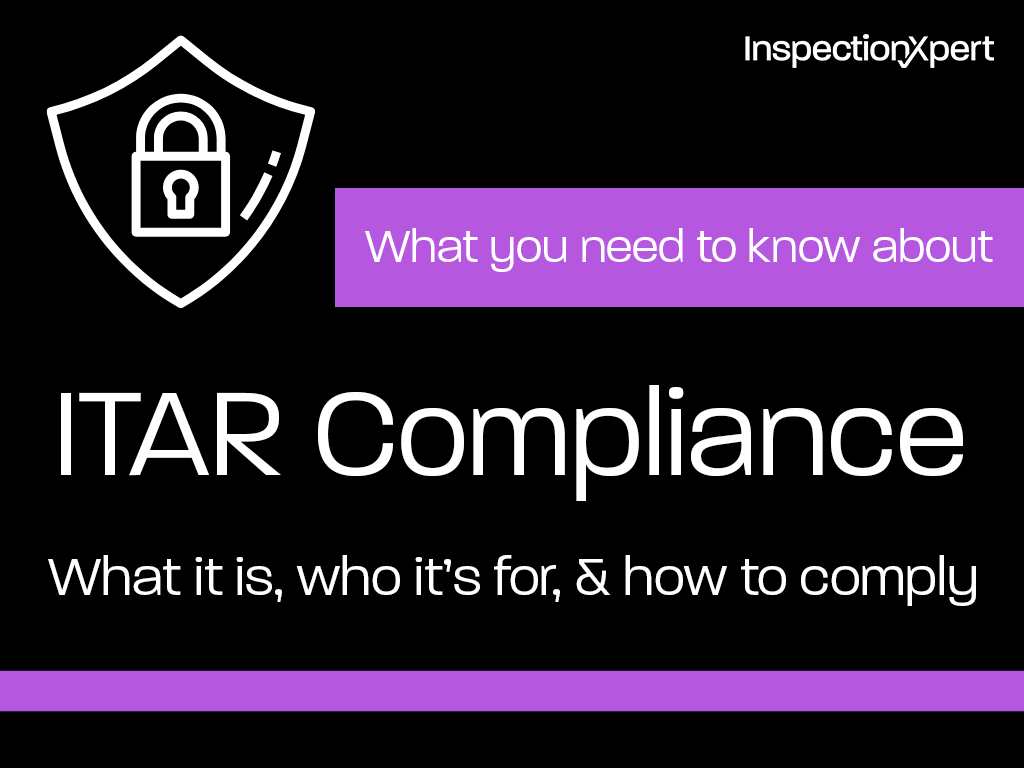
If your organization deals with defense-related items or information, you may need to follow the International Traffic in Arms Regulations (ITAR). Here’s an overview of what ITAR is, who it applies to, and what it means to be ITAR compliant.
The International Traffic in Arms Regulations (ITAR) is a United States regulation that controls the export and import of defense articles and services on the United States Munitions List (USML). This includes the actual products on the USML, defense services, and the plans or documentation used to build or support them (“technical data”). Examples of technical data include part drawings, photos, software, and other classified information related to the defense articles or services.
The purpose of the ITAR is to prevent military and defense-related items and information from falling into the wrong hands and to protect against national security threats. The ITAR states that only U.S. citizens and U.S. Green Card holders can access items on the USML, unless otherwise authorized.
All manufacturers, exporters, temporary importers, brokers, or providers of defense articles, services, or technical data listed on the USML need to comply with the ITAR. If you’re working with subcontractors, vendors, or other companies in your supply chain during the transaction or handling of ITAR-controlled items, verify that they are also complying with the regulations.
The ITAR is purposefully vague in order to give the government more flexibility and control over defense-related items. At a high level, if your business is subject to ITAR, you need to:
It’s up to each organization to develop, implement, and maintain their own policies to meet these requirements. There is no official ITAR certification, only registration with the DDTC and the responsibility of being compliant.
Here are the basic steps you can take to follow ITAR requirements:
Penalties for violating ITAR requirements include:
A company that doesn’t comply with ITAR could also suffer damage to its reputation and potential loss of business as a result.
Becoming ITAR registered and compliant can create new opportunities for small manufacturers and open the door for new customers who want to produce ITAR-controlled parts. Get our free ITAR requirements guide & checklist to learn more about ITAR and what you can do to be compliant.
Resources: Visit the DDTC’s website to view the full ITAR and learn more about the regulation.
Copyright 2026 Ideagen, All Rights Reserved